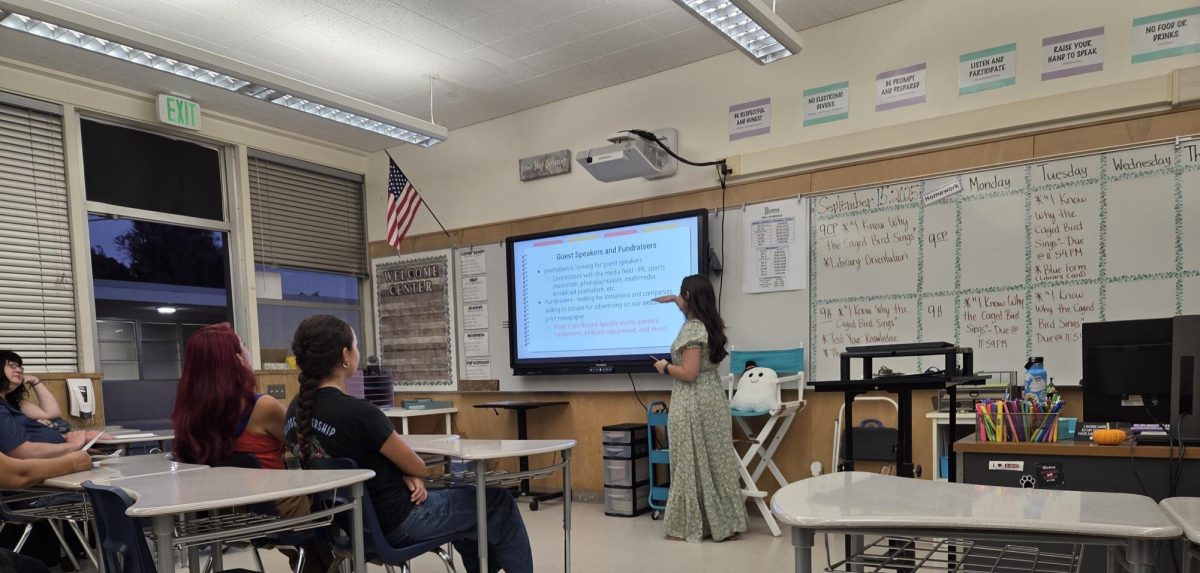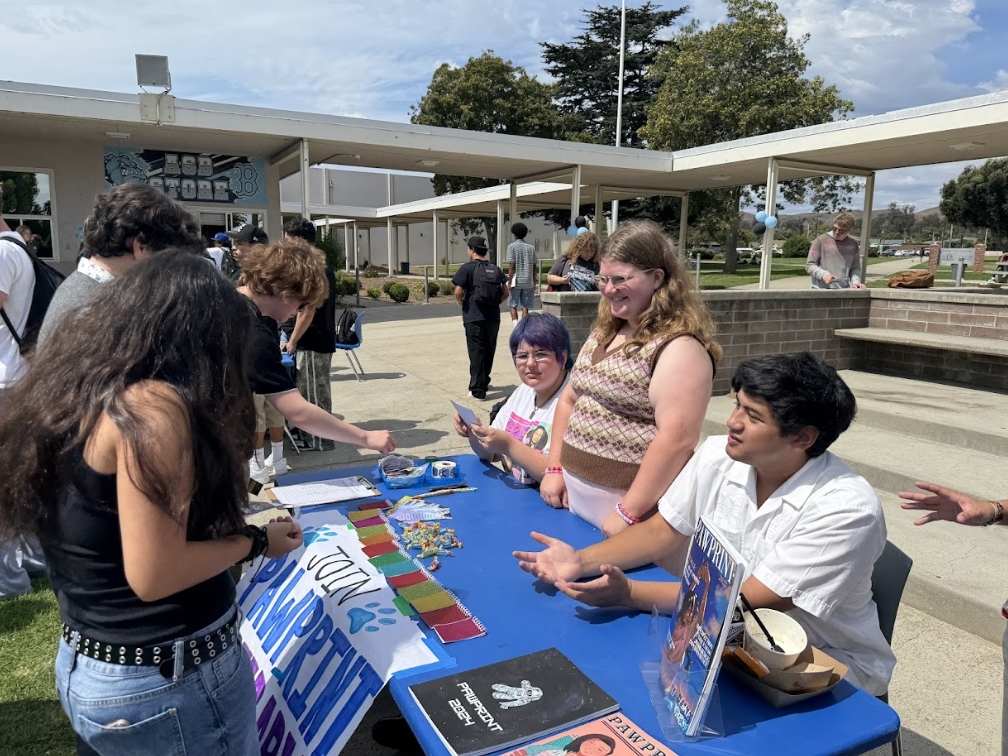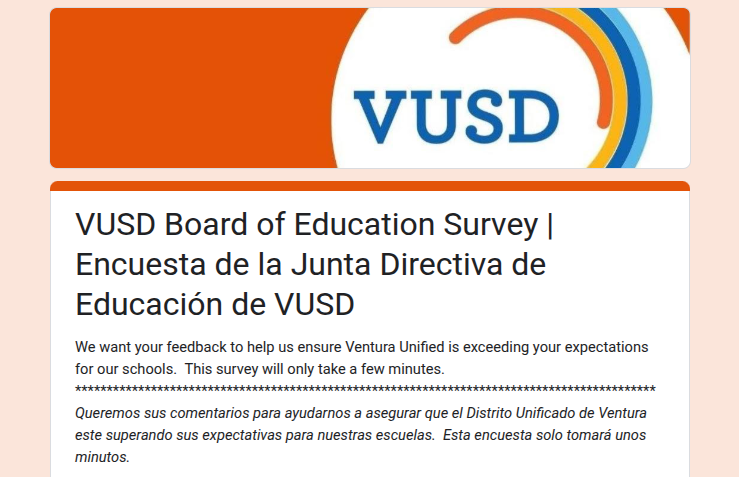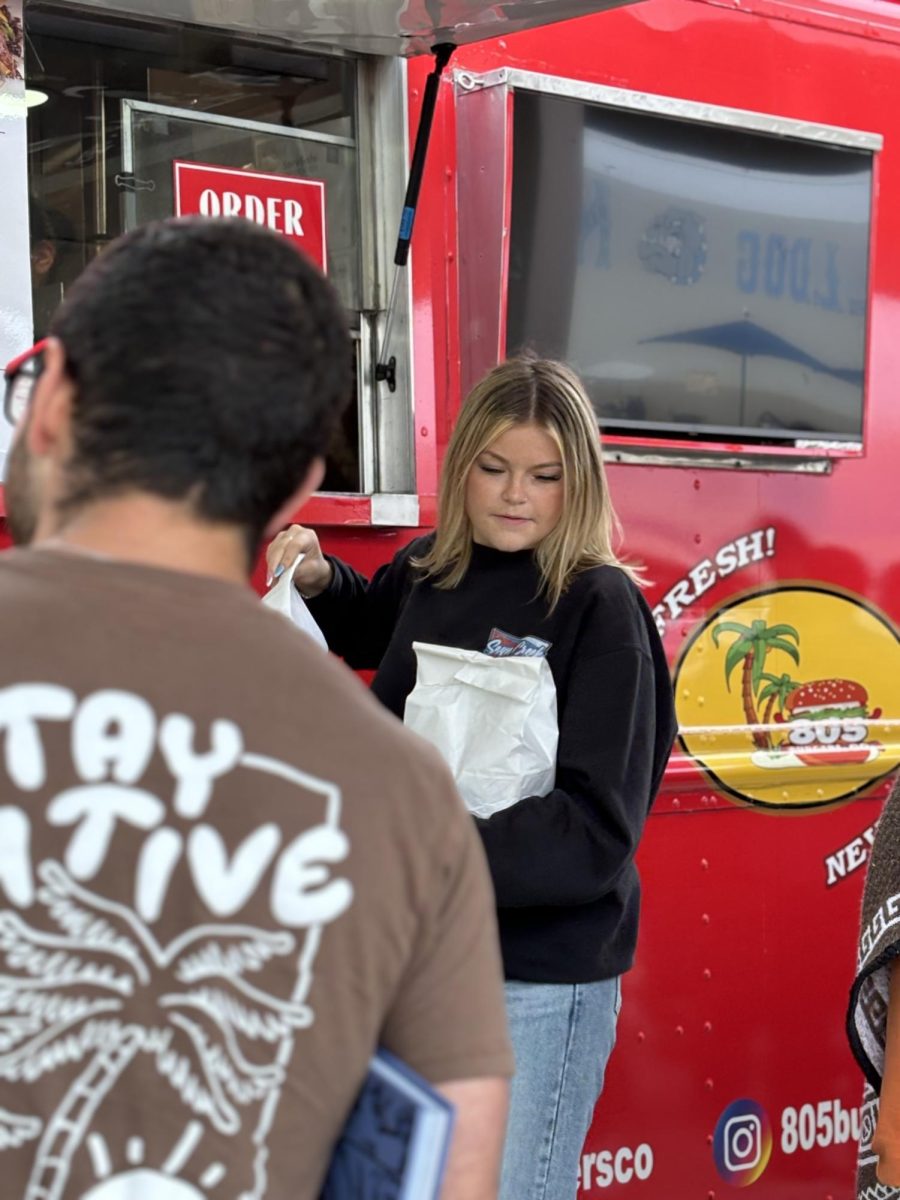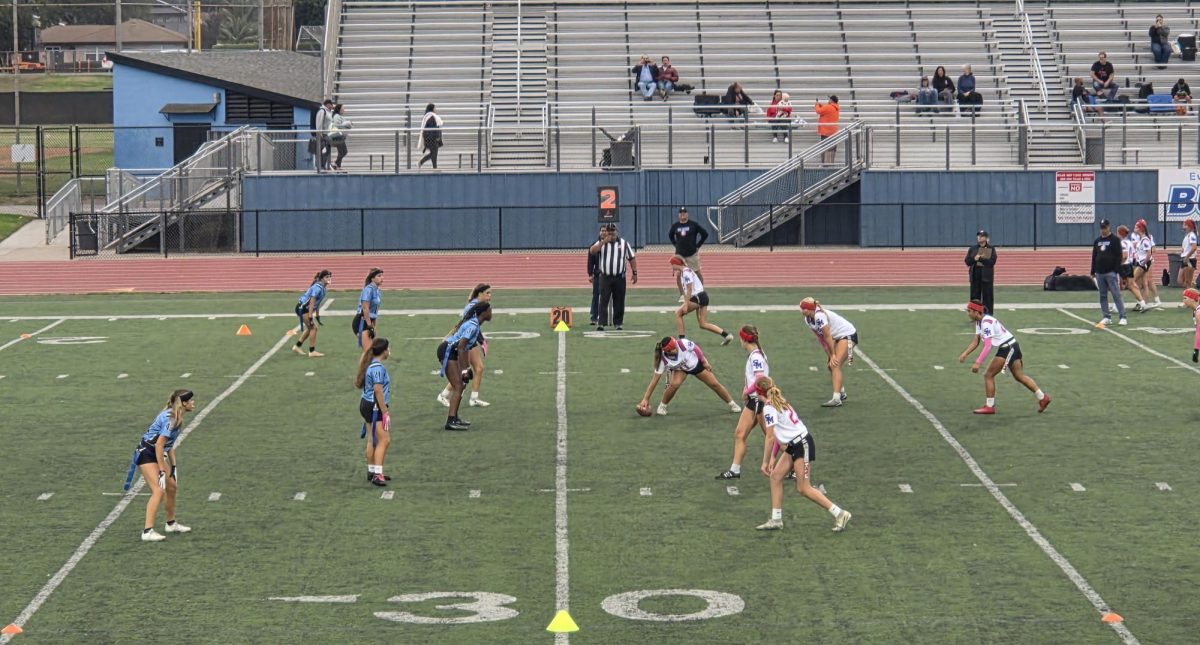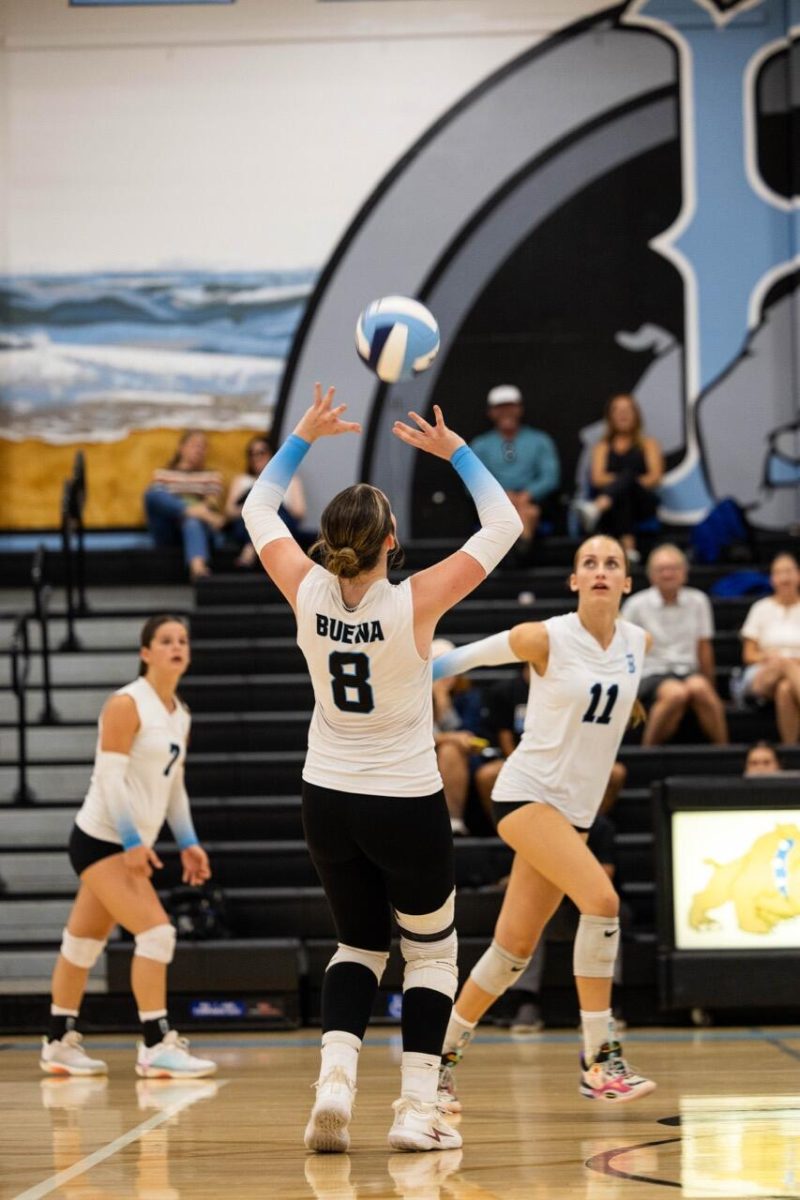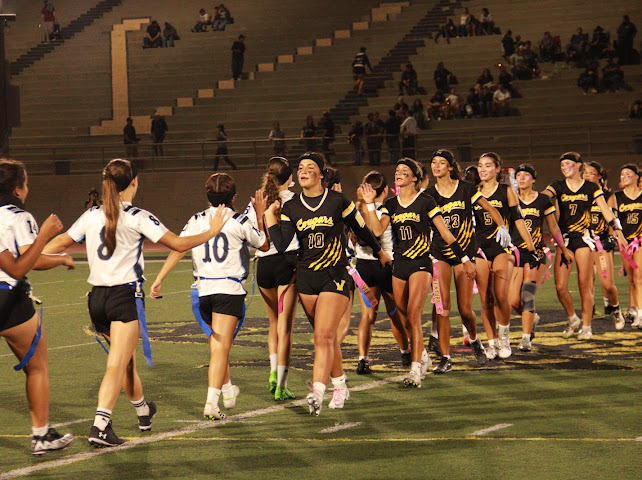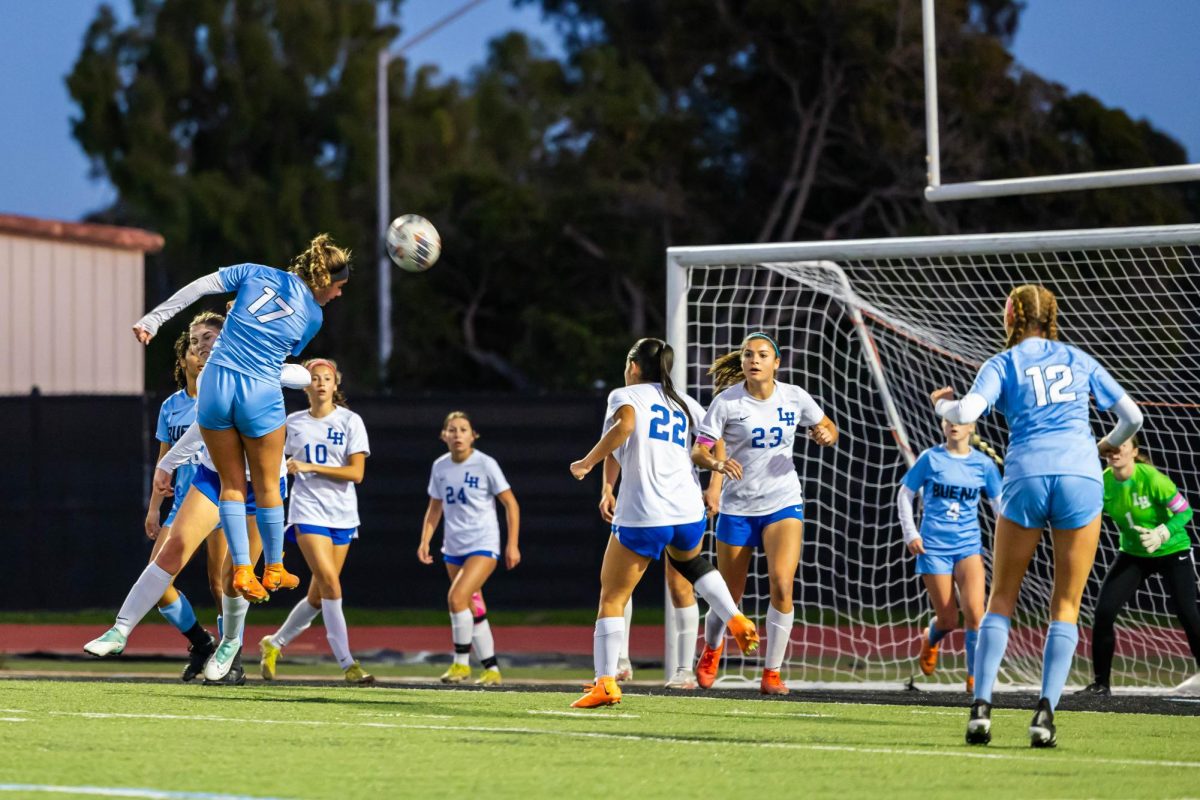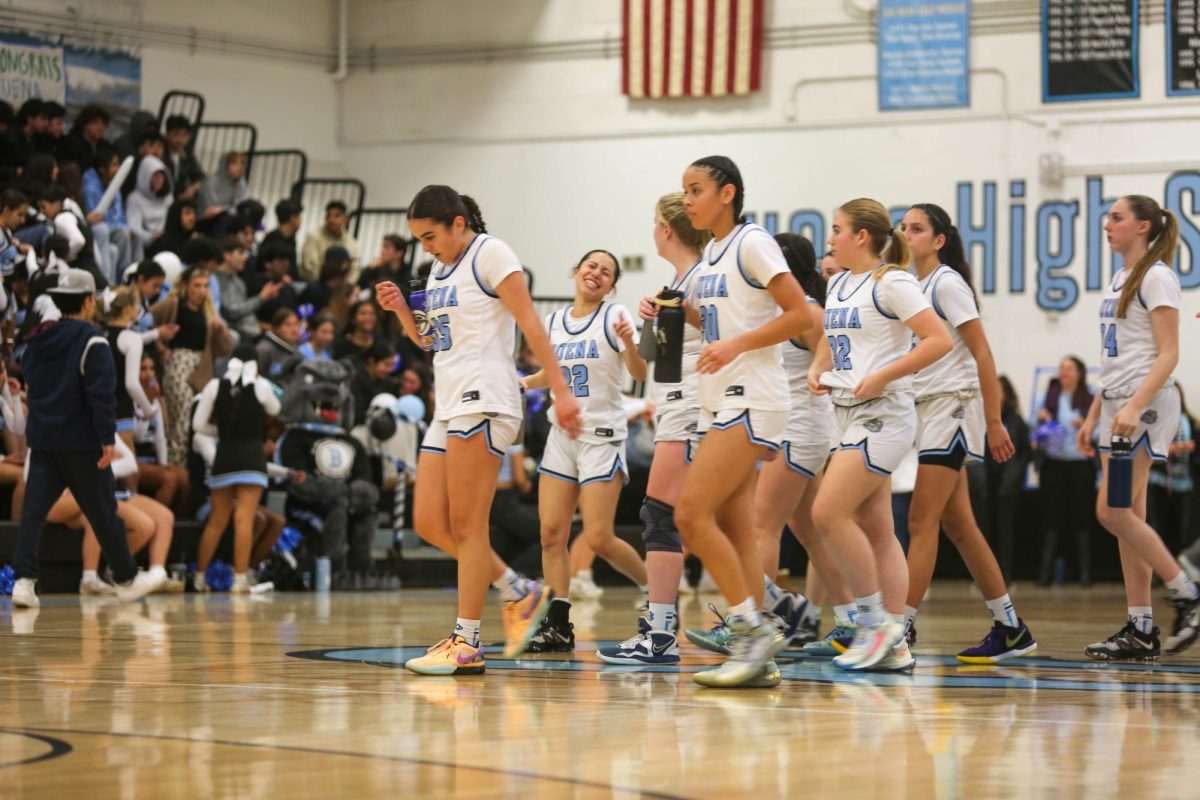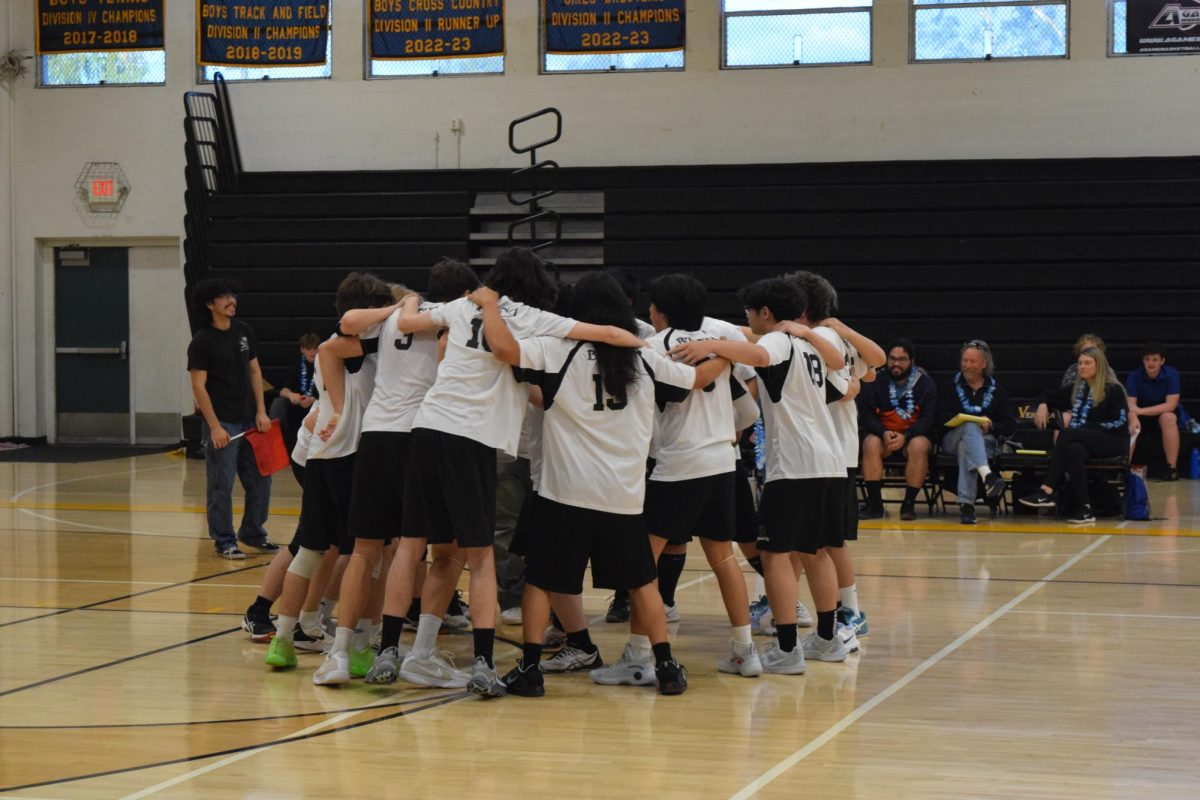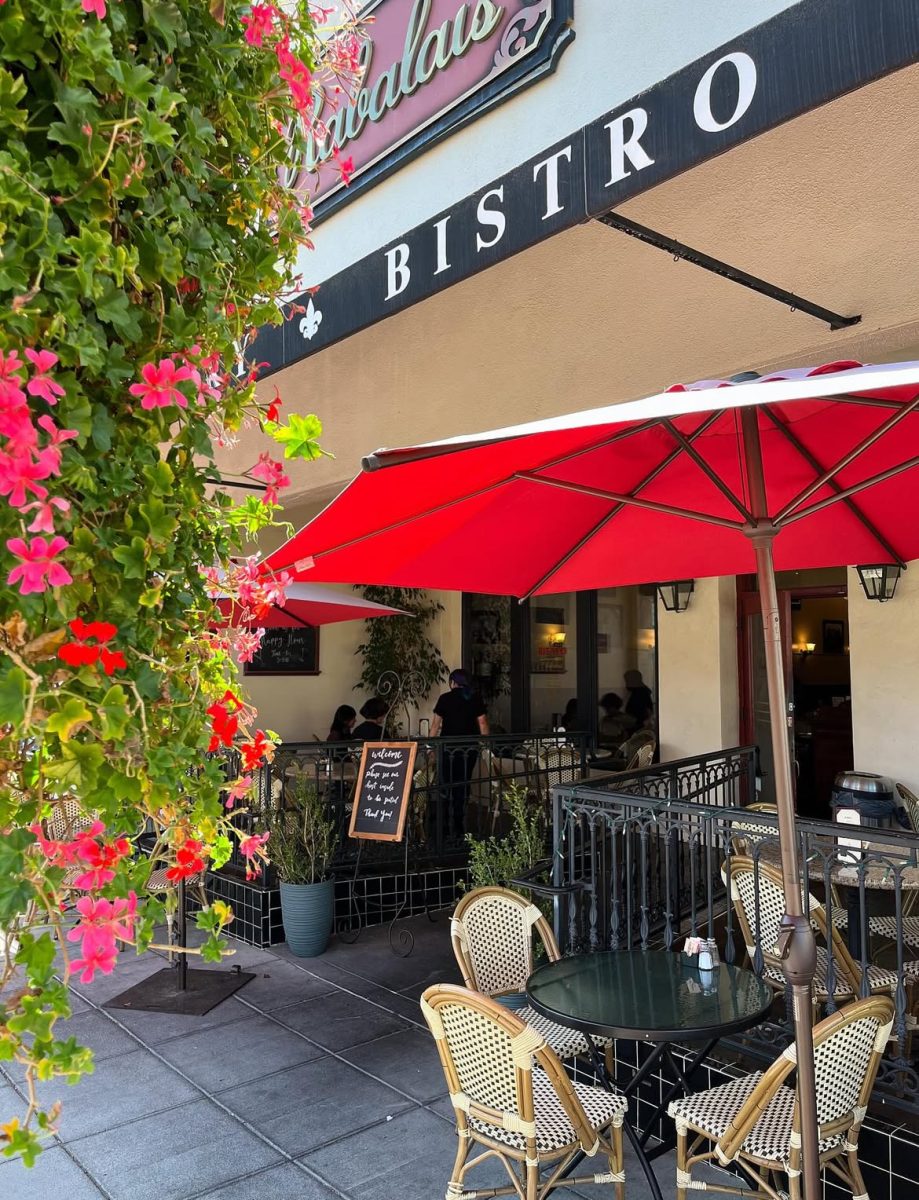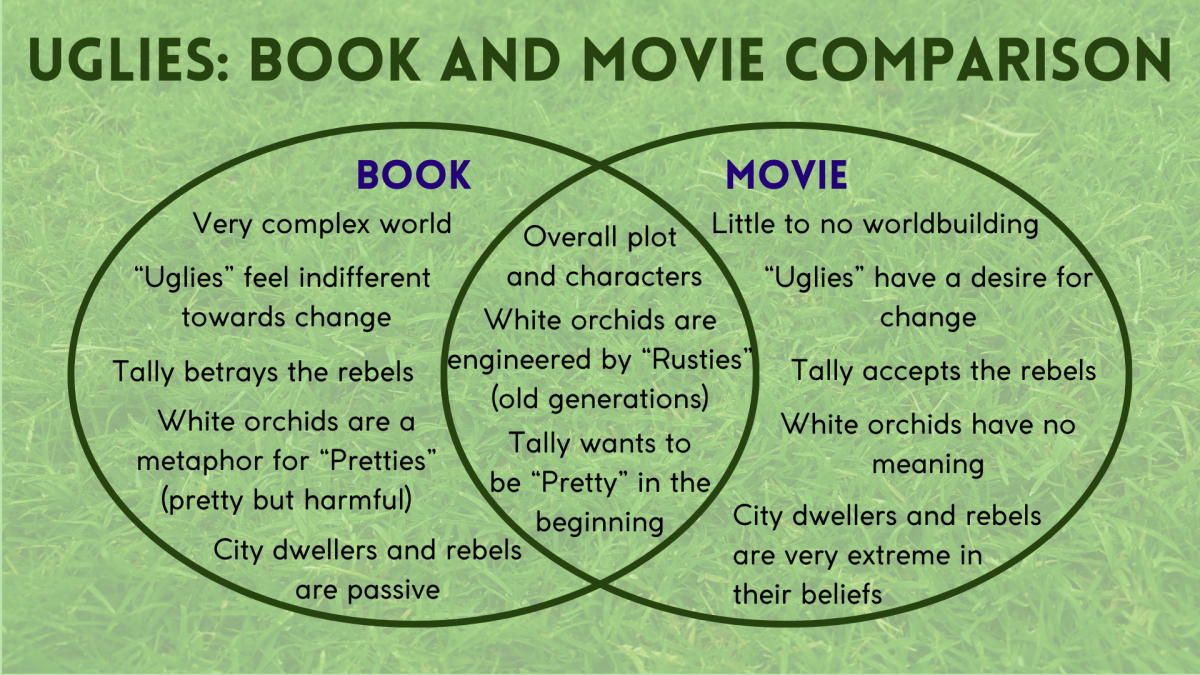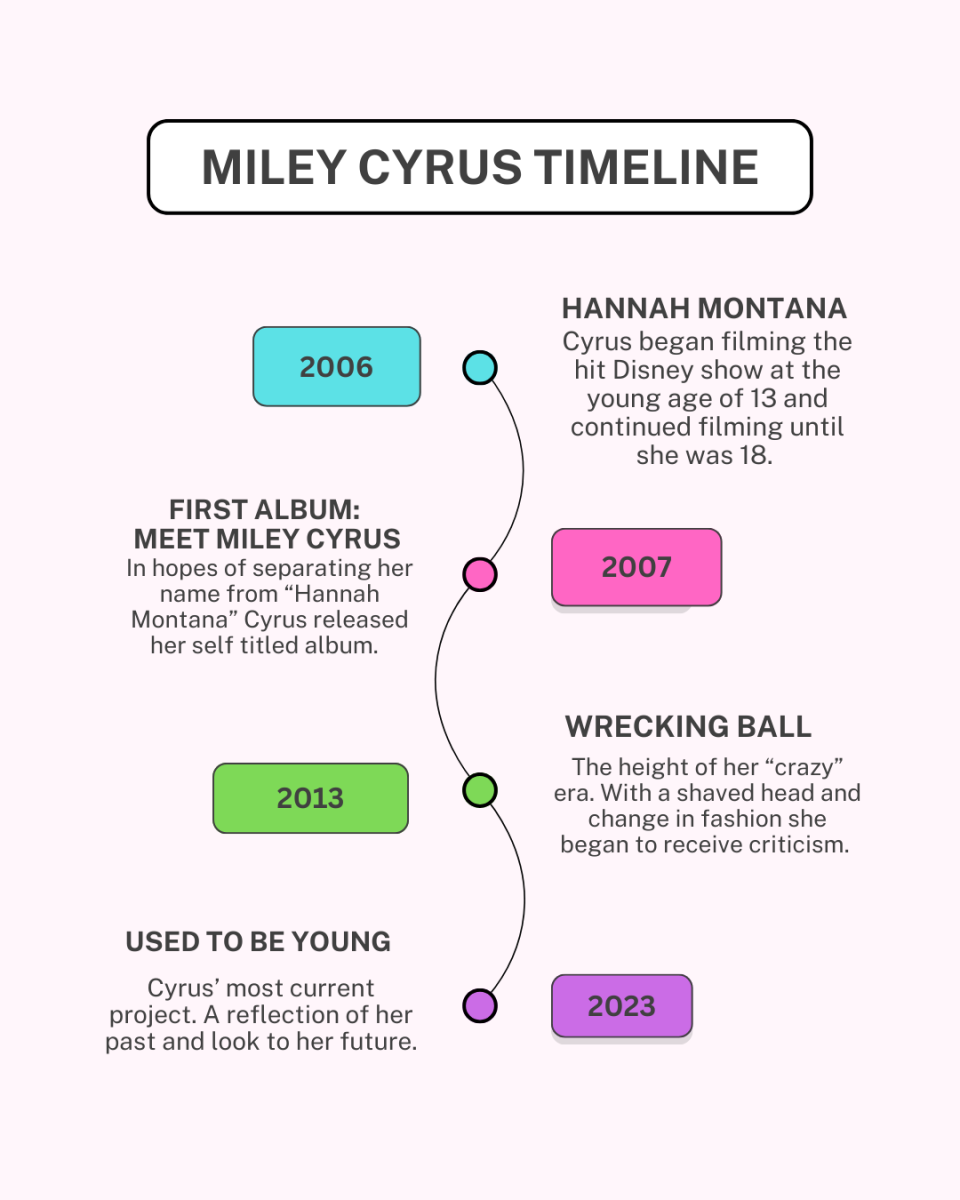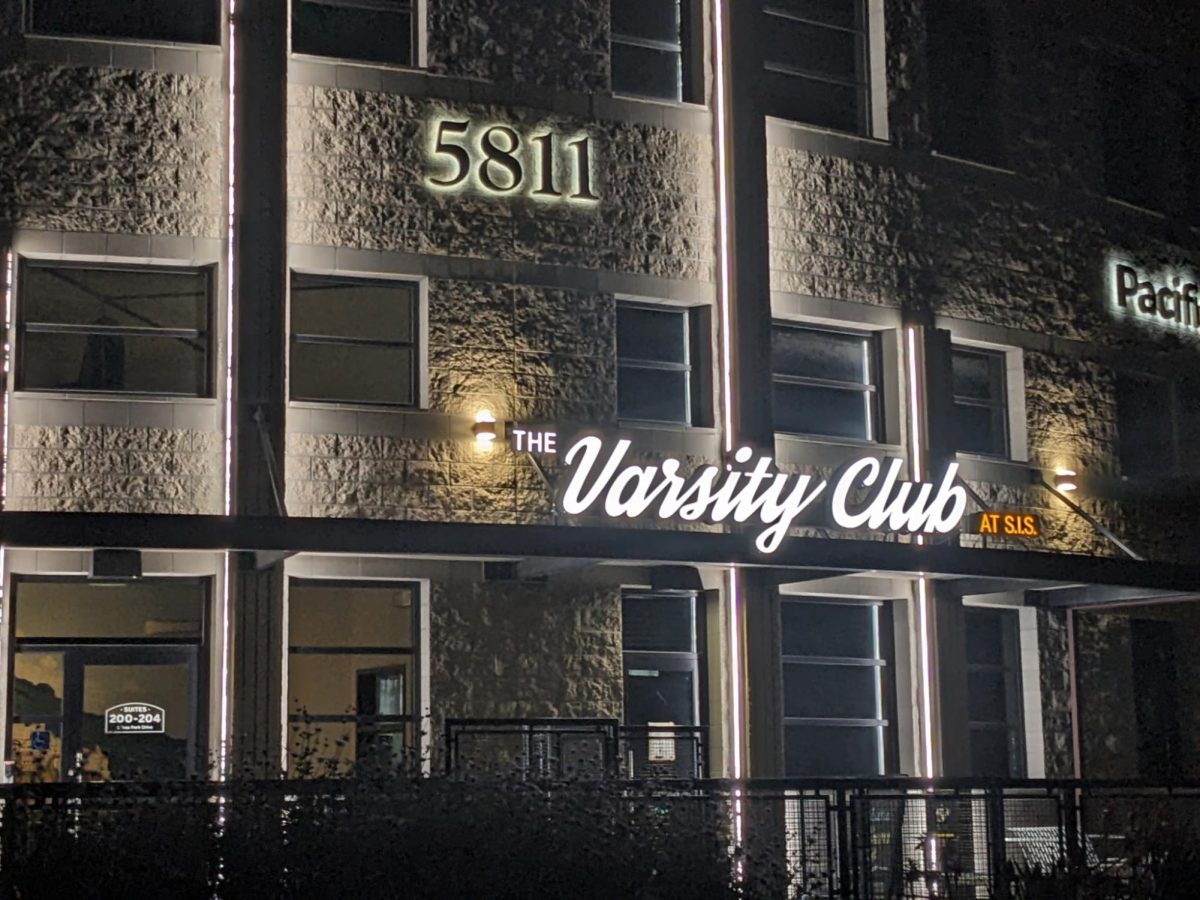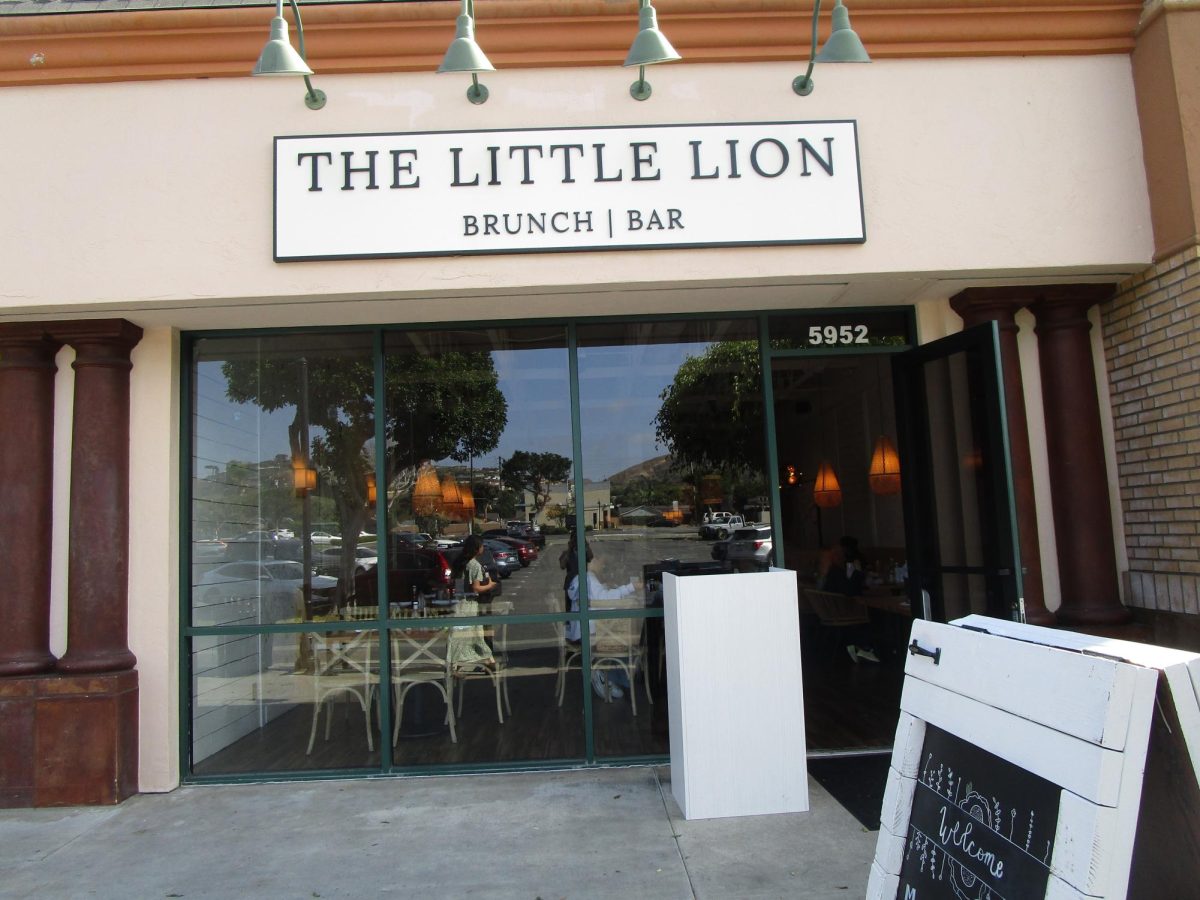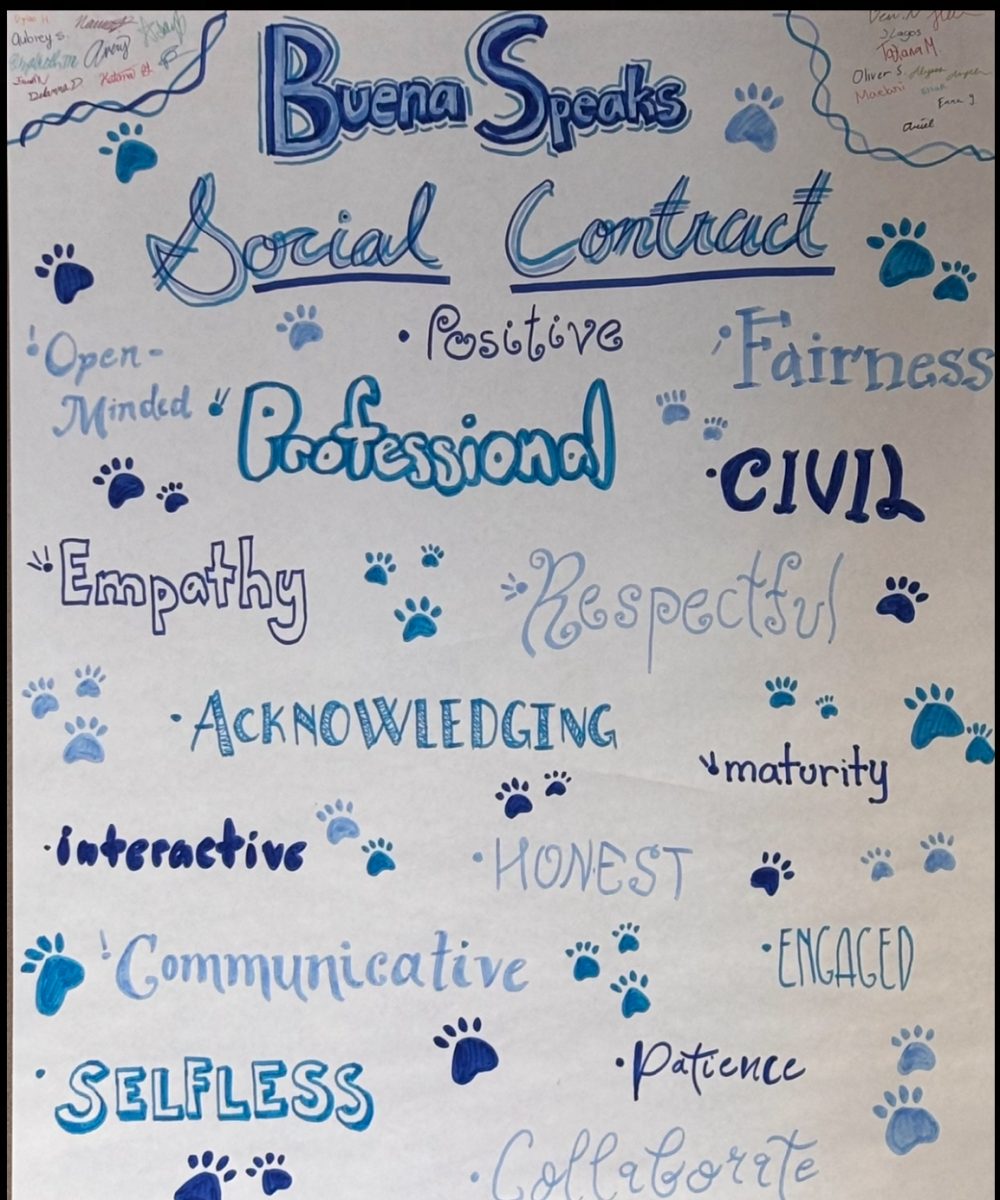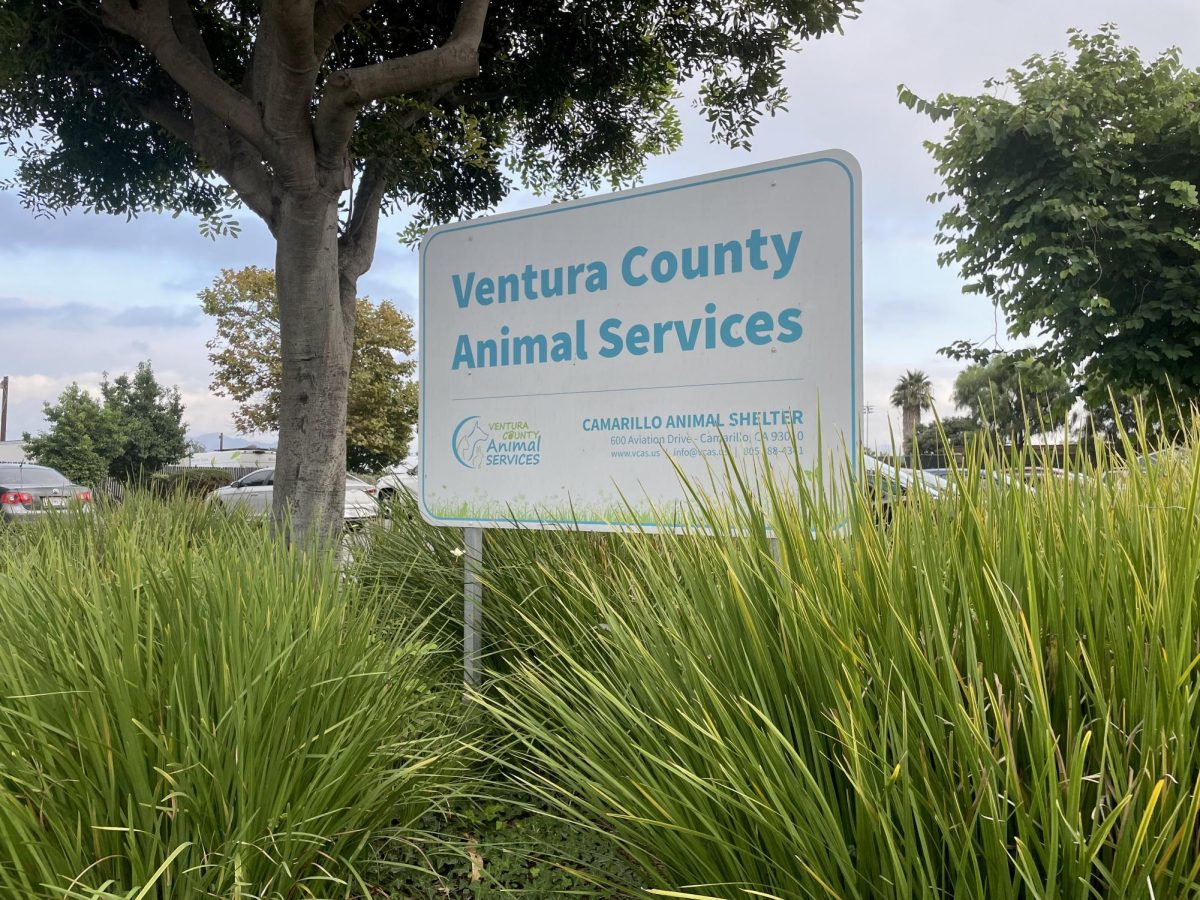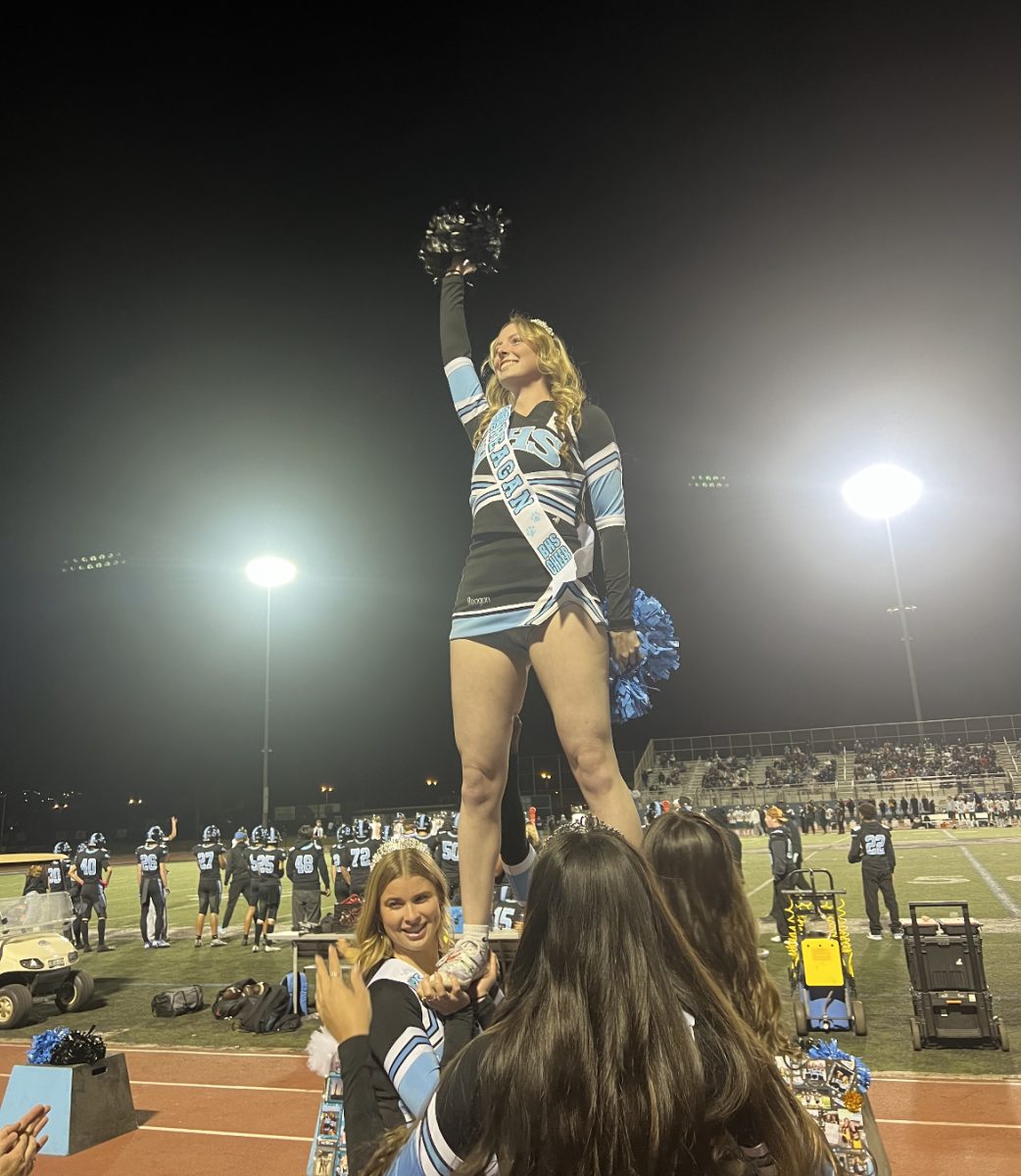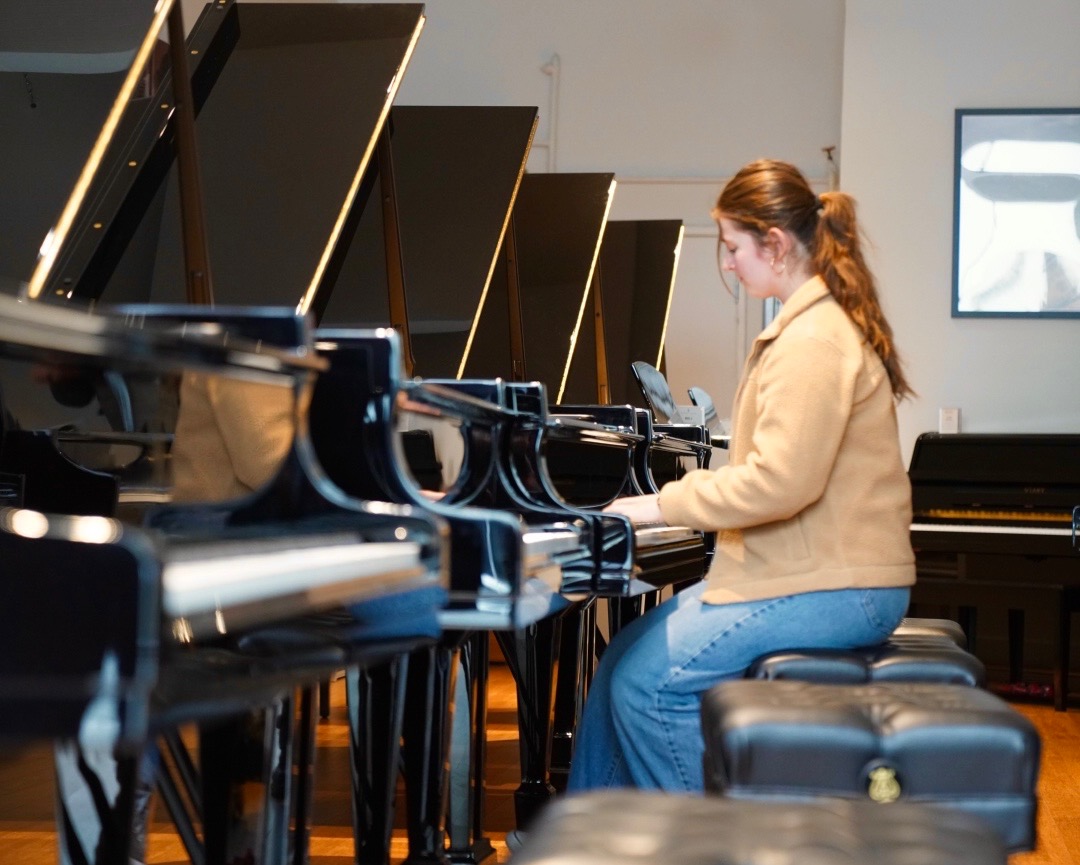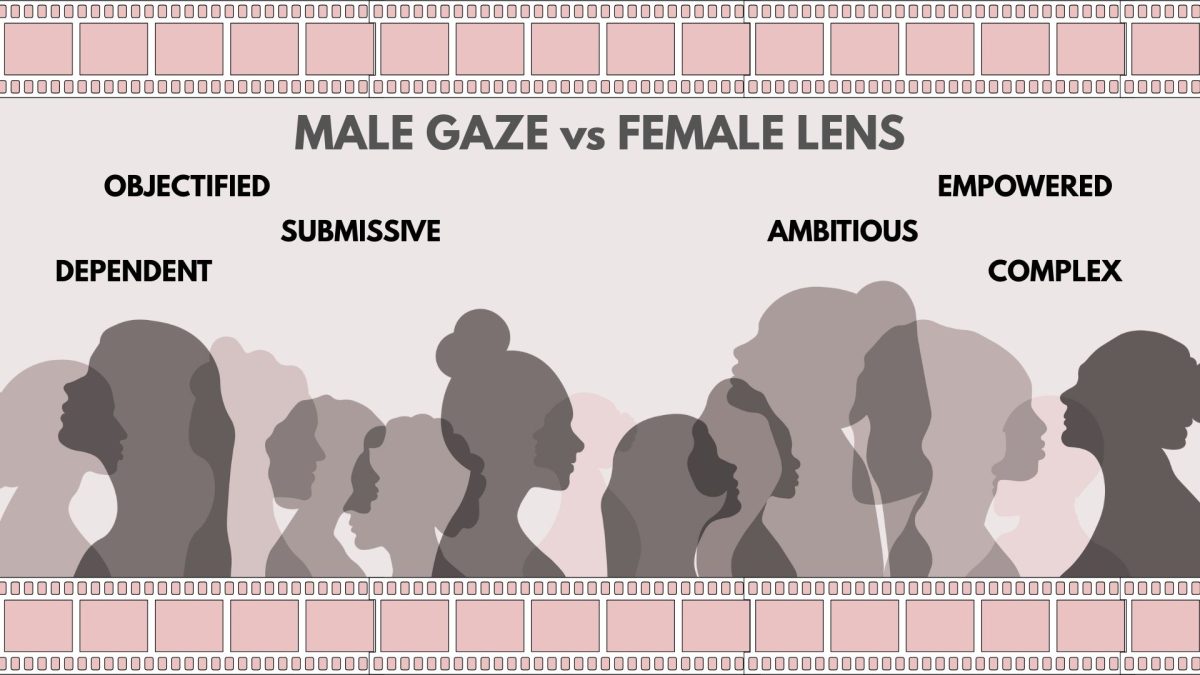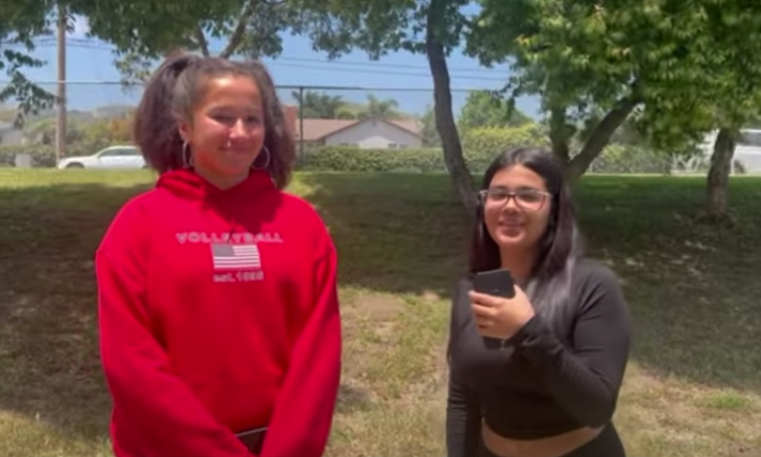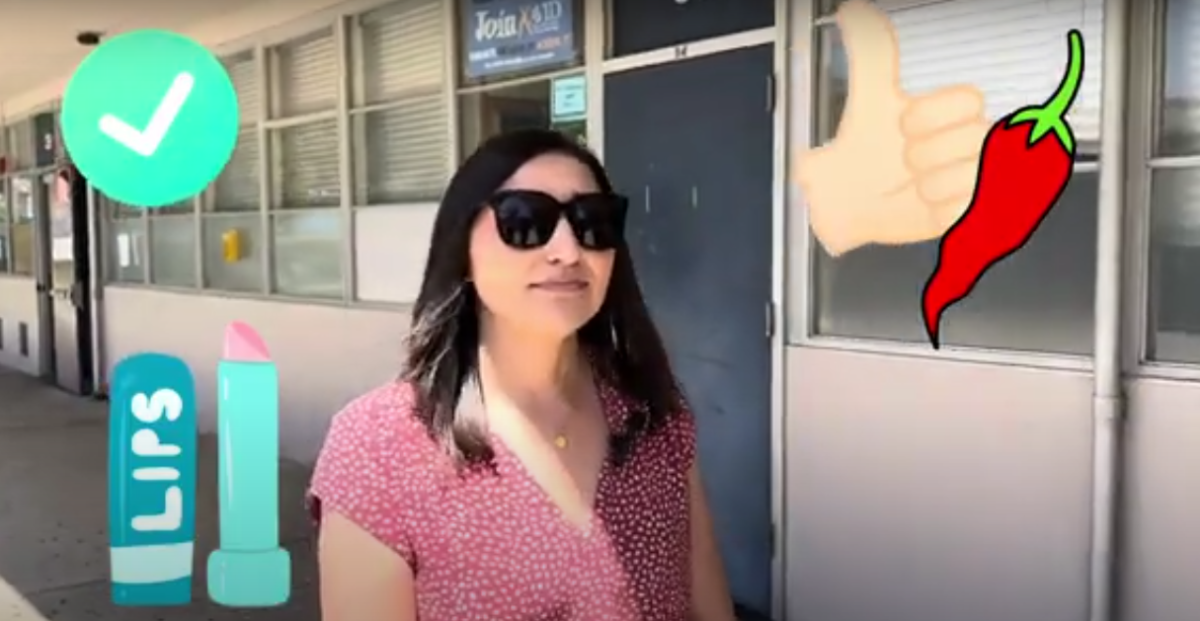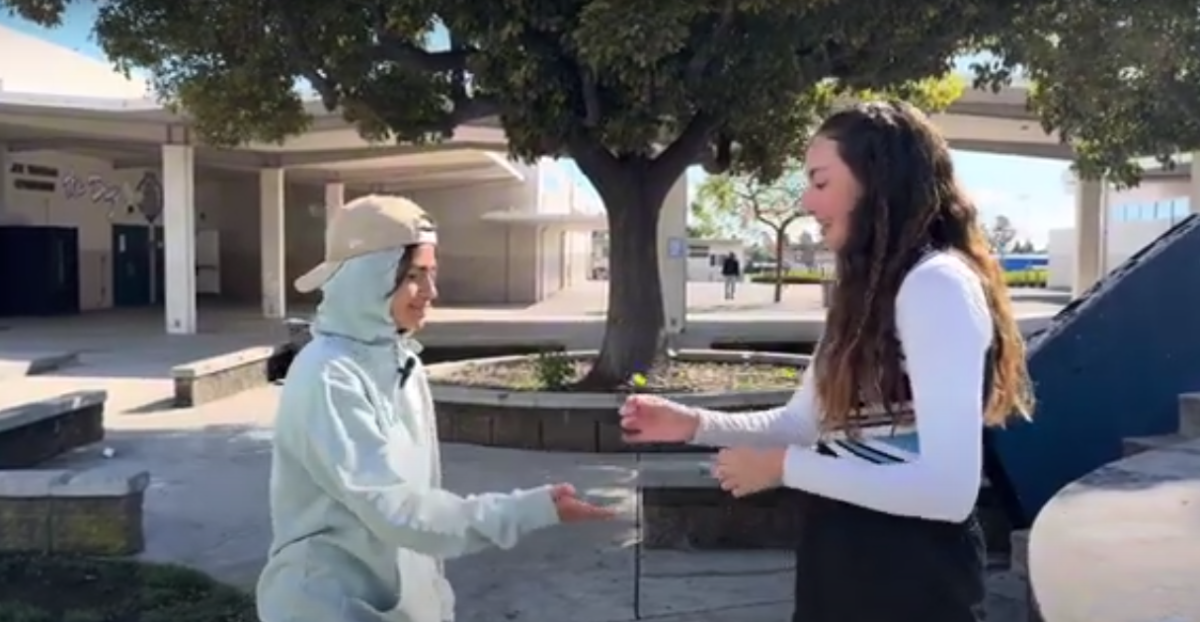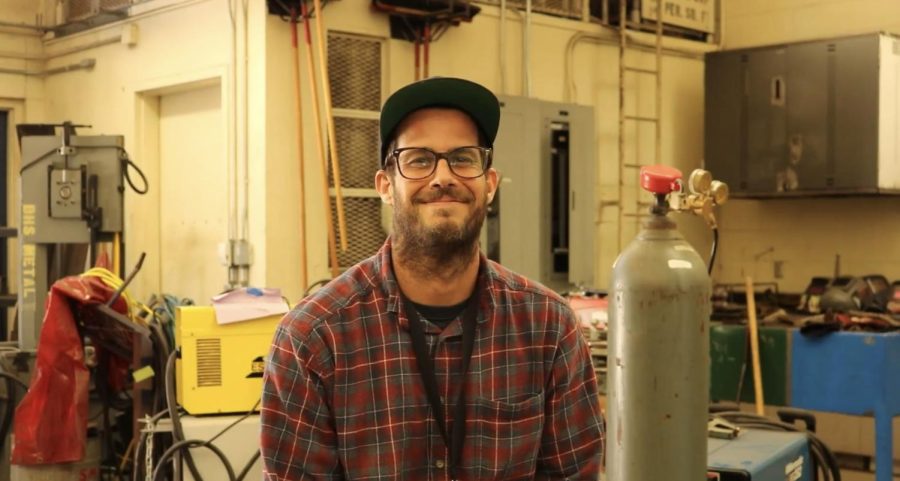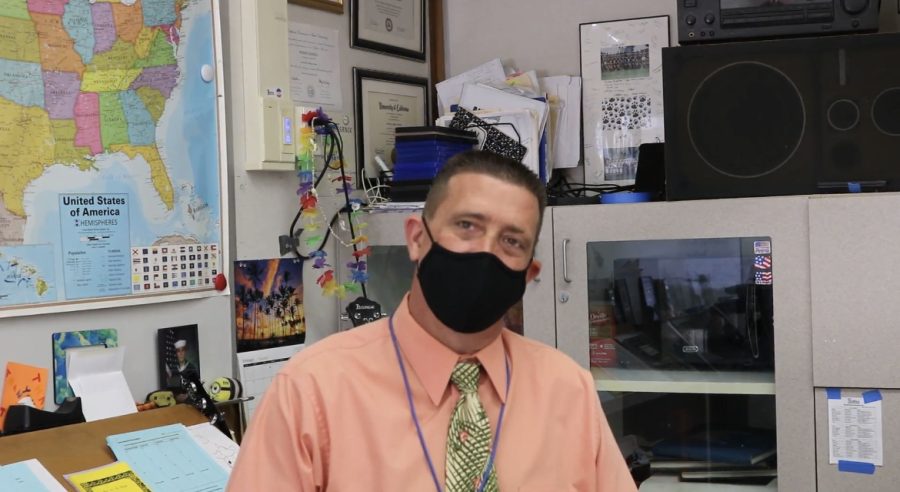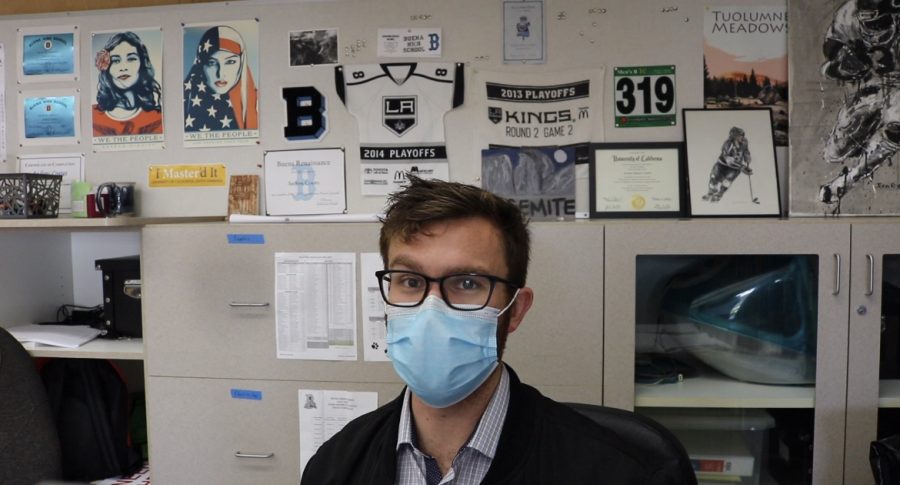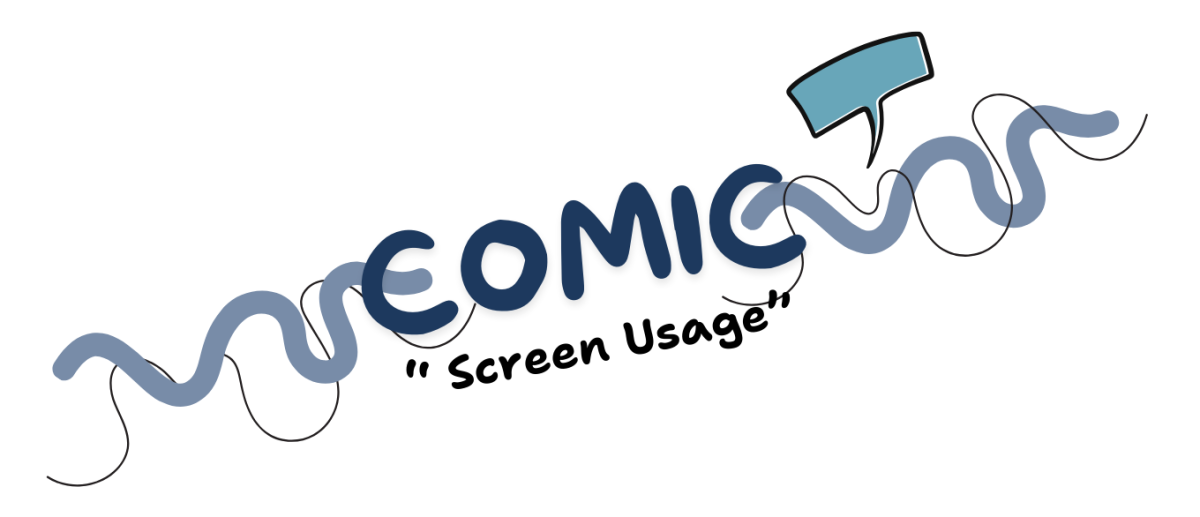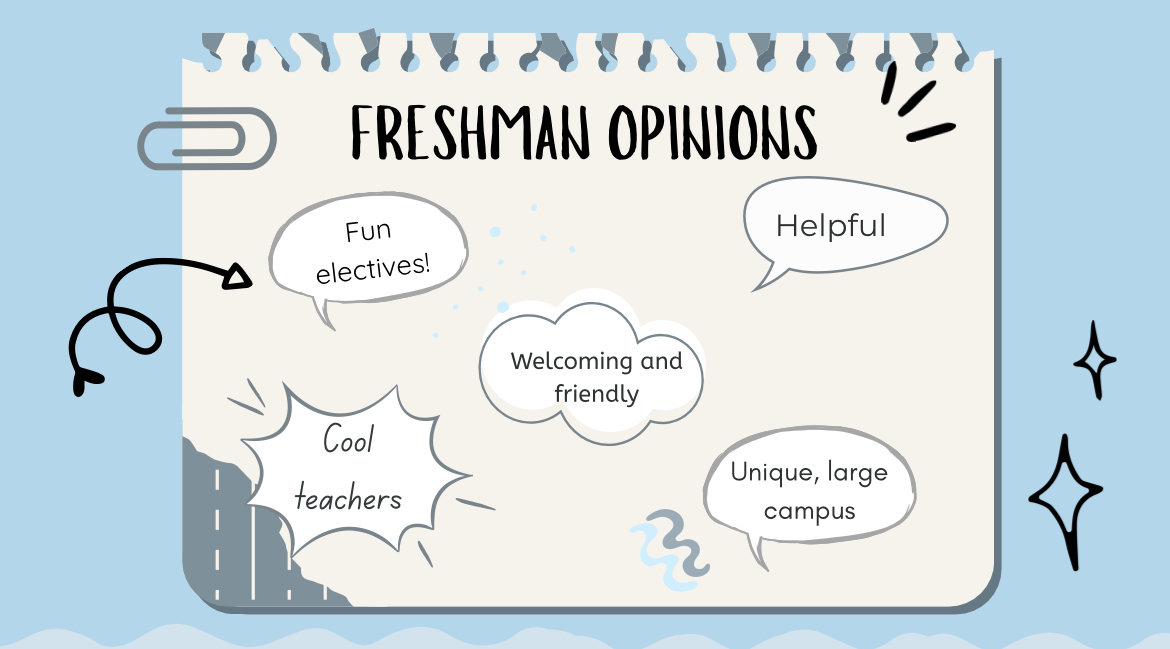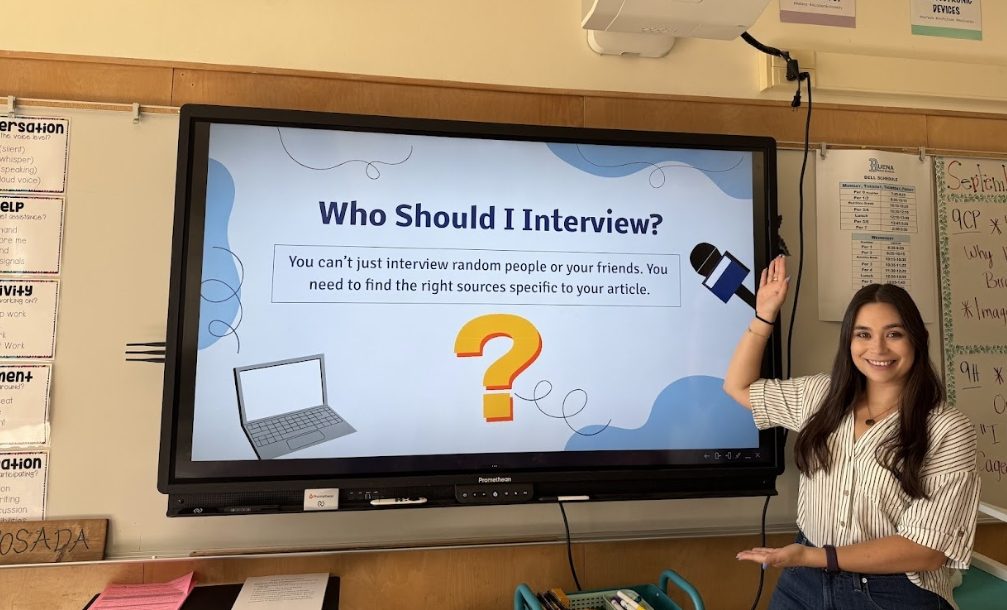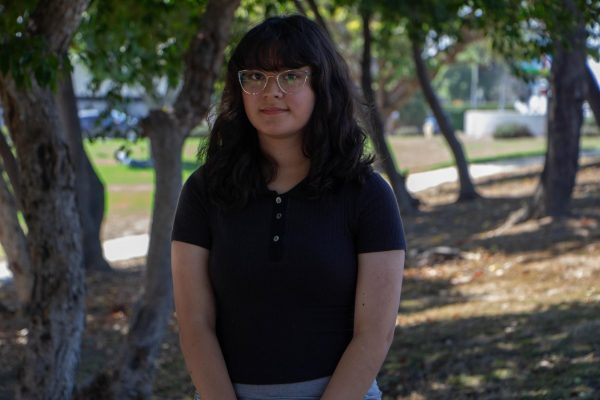Ventura County Animal Services (VCAS) works hard to keep their two shelters in Simi Valley and Camarillo at average capacity and to keep the animals in their care calm and looked after during their stay. Staff and volunteers alike also keep things running smoothly, and without their help, VCAS would not be the way it is. Sometimes there is a large intake of animals at these sanctuaries, but help can be provided through donations, knowledge or volunteering.
While VCAS in Camarillo can reach a capacity of over 900 diverse animals during extreme weather, there is some overcrowding especially in dog kennels which are currently about 100 dogs over capacity. These animals all come from different places, and everyone does their best to give them the easiest experience possible.
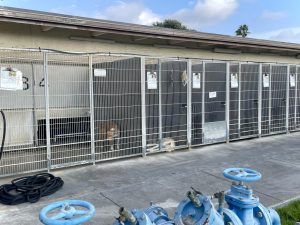
Overcrowding is inevitable when there is a constant intake of injured, lost and surrendered animals and strays. This huge issue sets off a negative domino effect that impacts the animals, staff, volunteers and visitors.
“If we have twice as many animals… each individual’s needs aren’t always met… [With increased noise levels,] [the animals] can be very fearful or defensive,” Animal Care Technician Rebecca Van Davis said.
Additionally, VCAS aims for the highest possible live release rate. As of 2024, they’ve had a 92.7% success rate. They do not euthanize for the sake of keeping their kennel capacity levels normal or to make more room. Only in absolutely necessary situations when an animal’s quality of life is excruciatingly painful is this procedure followed.
This issue with kennels being way over capacity can affect their behavior immensely, as overcrowding causes the animals to act in a way they normally wouldn’t, and adopters may not consider these animals. Dogs whose personalities were once playful and friendly can become aggressive and scared because their stress levels spike in this noisy environment, and with more dogs present, this can pose a safety risk.
There are many reasons as to why overcrowding occurs. Some owners simply cannot make the drive to the shelter, while others might not be able to sustain their pet anymore, consequently leaving their animal in the shelter. These animals continue to stay in the shelter until they eventually get adopted.
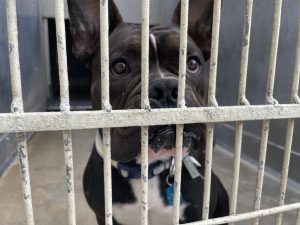
“Things are getting way more expensive… dogs are expensive, the dog food and vet visits… people aren’t able to afford it anymore… or they don’t have the means to pick up their pet, or they are scared [with immigration issues and government agencies], they’re [afraid] to come forward,” Van Davis said.
This is very common, but employees do their best to help struggling owners with these issues. Whether it is by providing some food, providing payment plans or delivering the animal, they want what’s best for both the pet and the owner.
Being a responsible pet owner also contributes to decreasing this issue. By neutering or spaying and micro-chipping their pet, the whole adoption process goes by incredibly faster and animals can be reunited with their loving home.
“All of that helps us out, get [the animal] back where it belongs, rather than just having it sit in a kennel for days on end, hoping that somebody comes in [to reclaim them],” Field Officer Fernando Serratos said over a Zoom meeting.
VCAS urges owners to reclaim their pets. If they are worried over financial issues or even problems with their immigration status and scared to come forward, these understanding staff members will work with them and find a solution. All they want is for pets and families to reunite.
Lastly, community members can contribute to help VCAS flourish and continue to be successful by adopting, fostering, volunteering, donating supplies or money and by sharing these important facts to educate others. Anyone can also donate on their website. Every kind of help is crucial for VCAS to thrive and continue to flourish.
“We rely heavily on volunteers and any donations. We will always take towels, blankets, washcloths, dish soap [and] we take a lot of different things… We [depend on] and need our community’s [help,]… and we wouldn’t do as much as we do without our volunteers. We have over 400 volunteers,” Van Davis said.
Like VCAS encourages; adopt, if you cannot adopt, help by fostering. If you are unable to foster an animal, volunteer. If you can’t volunteer, donate. And lastly, if you cannot donate then you can participate by spreading the word, and encouraging others to contribute.

